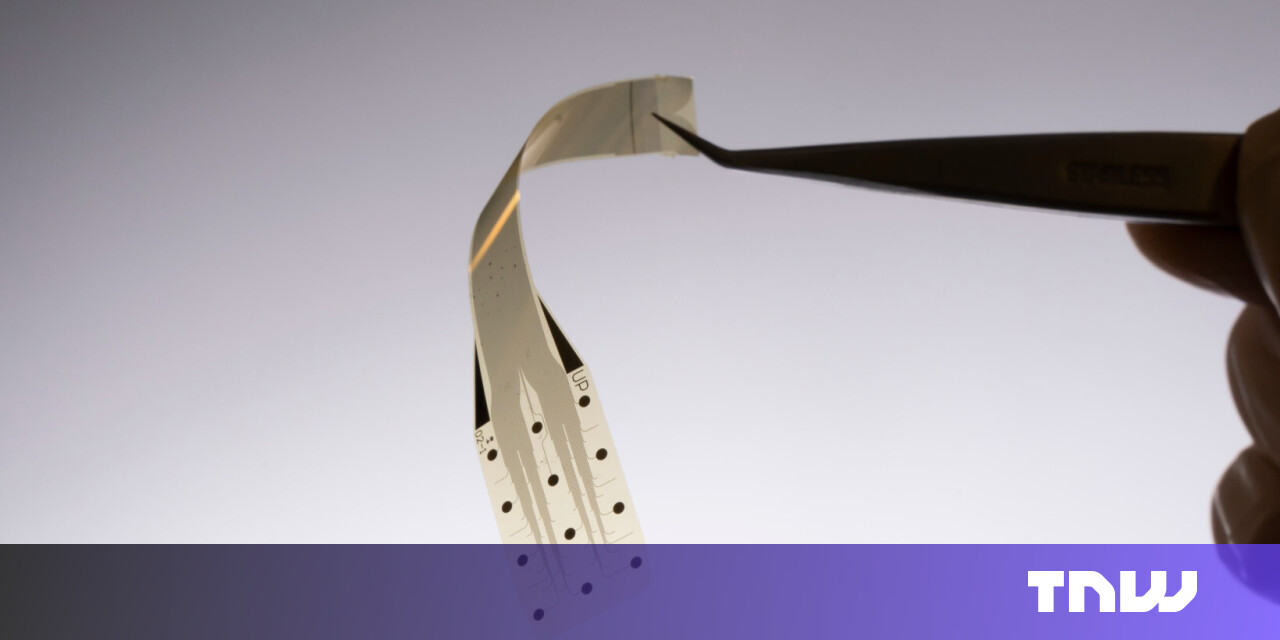
""I know Elon Musk might want to use Neuralink to drive a Tesla or something like that, but we will never go beyond therapeutic applications," said Carolina Aguilar, Inbrain's CEO."
"Inbrain's device is made up of tiny graphene electrodes on a film thinner than a human hair. The implant reads electrical signals from the brain and, when necessary, sends electrical pulses back."
"Inbrain's first focus is Parkinson's disease. Its graphene-based implant is designed to detect specific neural signals tied to motor function, then deliver ultra-precise stimulation only when needed."
"Last year, Inbrain carried out the world's first in-human trial of its graphene-based implant at the University of Manchester, identifying healthy and cancerous tissue with micrometre precision."
Inbrain Neuroelectronics, led by CEO Carolina Aguilar, focuses on therapeutic applications of brain-computer interfaces, contrasting with Elon Musk's Neuralink ambitions for enhancement. Their technology utilizes graphene, a strong and flexible material, promising more effective and less invasive treatment for neurological diseases. The company aims to alleviate symptoms of conditions like Parkinson's disease through precise neural signal detection and stimulation. Their recent human trial successfully identified cancerous and healthy tissue during brain surgery, marking a significant milestone in their development and clinical application.
#neuralink #inbrain-neuroelectronics #brain-computer-interfaces #graphene-technology #parkinsons-disease
Read at TNW | Deep-Tech
Unable to calculate read time
Collection
[
|
...
]